Using the Potential of Data Science and Innovation for Sustaining Peace I: The State of the Art
Panel A: Africa Climate Mobility Initiative and Weathering Risk Initiative
Presentation of Flagship Early Warning Systems and Initiatives, which Translate Science-Based Insights into Policy and Programming
To start the second day, four early warning initiatives will be presented. All of them are unique in bridging the gap between knowledge and action, by translating science-based insights into policy and programming. Presenters will share their different modelling approaches and visualization techniques as well as best practices to make knowledge useful to developing an agenda for action, such as effective science-communication and organizing co-creation processes with practitioners, data scientists and scientific experts.
In the Weltsaal, you can learn more about the Africa Climate Mobility Initiative (ACMI) and the Weathering Risk Initiative.
The Africa Climate Mobility Initiative (ACMI) is a global partnership launched by the AU Commission, UNDP, the World Bank, the UNFCCC, and the IOM. It addresses climate-forced displacement and migration while harnessing climate mobility to advance the African continent’s development agenda and further its economic & political integration. The people-centered action will support African communities and cities in their resilience and adaptive capacities. More information here and here.
The Weathering Risk Initiative is a project led by adelphi in partnership with the Potsdam Institute for Climate Impact Research (PIK). In order to improve comprehensive risk assessments, it uses the existing knowledge of the direct and indirect impacts of climate change on peace and security. By developing a new approach to climate security risk assessments, Weathering Risk will also suggest policy entry points for addressing these risks proactively. More information can be found here.
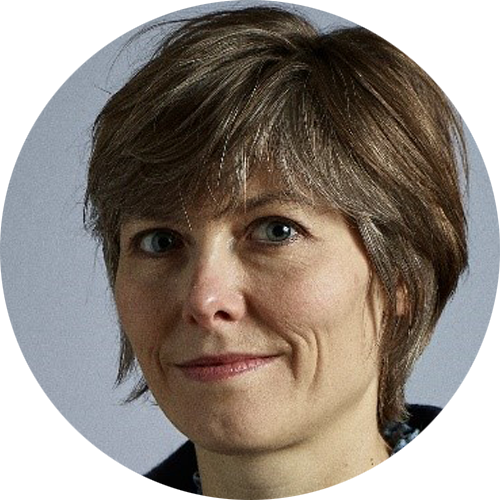
Ms. Sarah Rosengärtner
A political scientist by training, Sarah Rosengärtner currently serves as Senior Advisor and Lead Coordinator for Knowledge and Practice of the Africa Climate Mobility Initiative (ACMI), based in New York. She is also a Visiting Researcher at the Zolberg Institute for Migration and Mobility at the New School. Sarah previously held advisory roles with the Mayors Migration Council, the Open Society Foundations, the Elders, the Global Forum on Migration and Development, GIZ, and the Special Representative of the UN Secretary General on Migration. She started her career at the United Nations in 2005, working first with the UN Institute for Training and Research and then the UN Development Programme, where she led a global interagency programme supporting countries with integrating migration into their national development strategies.
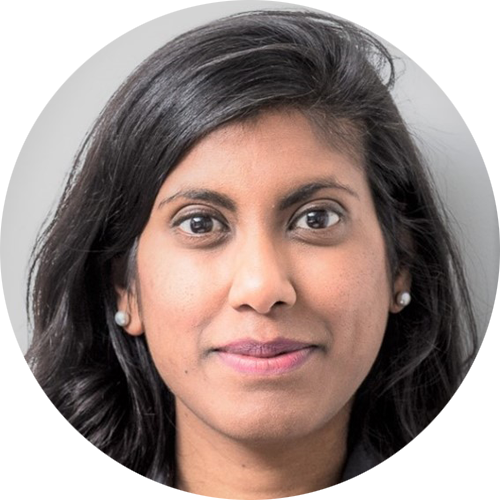
Ms.Janani Vivekananda
Speaker Position
Janani Vivekananda is the Head of Programme, Climate Diplomacy and Security at adelphi, Berlin. Her work involves leading participatory field research on community-level resilience to conflict and climate change, developing conflict-sensitive approaches to climate change risks, and increasing the capacity of governments and civil society to integrate climate and conflict risk into policies and field projects. Janani is the co-lead of the flagship Weathering Risk initiative. She is also lead author of the 2019 climate security risk assessment of Lake Chad, Shoring up Stability, and the 2015 flagship G7 report "A New Climate for Peace", dealing with climate change impacts on fragile states. Before joining adelphi, Janani was the Head of the Environment, Climate Change and Security at International Alert. Prior to this, she was the Disaster Risk Reduction (DRR) advisor at Plan International, where she supported headquarters and regional programmes on DRR issues, specifically in fragile states. Janani has also worked with UNDP based in Nepal as a regional conflict advisor for the South Asia region. Janani holds a master’s in Violence, Conflict and Development from the School of Oriental and African Studies (SOAS), and a MA in Politics, Philosophy and Economics from Oxford University.
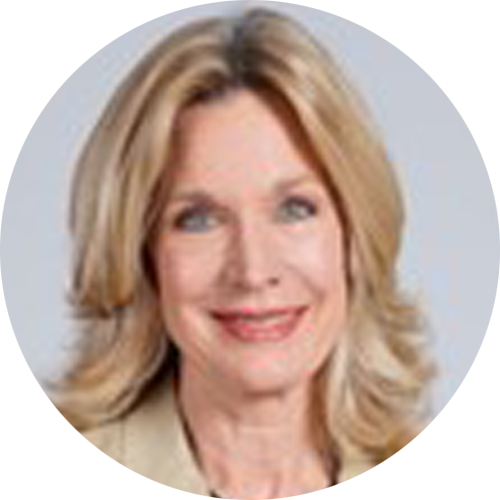
Dr. Melinda Crane
Moderator
Dr. Melinda Crane has given speeches and moderated events and discussions for a wide range of international organizations and firms. She is a frequent guest and commentator on German television and radio and regularly analyzes US policy for the news broadcaster n-tv. An experienced TV anchor, she is chief political correspondent at DW TV and also hosts the DW talk show “To the Point”. In 2014 she was awarded the Steuben-Schurz Media Award for her service to transatlantic understanding.
As International Affairs Consultant to the discussion show “Sabine Christiansen” she produced interviews with Kofi Annan, Bill Clinton, Hillary Clinton, and George Bush, among others.Her journalistic experience includes work for the “New York Times Magazine,” ”The Boston Globe Sunday Magazine,” “The Boston Globe,” the “Christian Science Monitor” and German newspapers and magazines.
Panel B: Strata: Custom Climate Security Analytics and Water, Peace and Security Partnership
In the Europasaal, you can learn about Strata, The Earth Stress Monitor, and about the Water, Peace and Security Partnership.
Strata is UNEP’s data platform for tracking environmental and climate stresses which might threaten peace and security. As a web-based tool, analysts, practitioners, and policymakers can use it for identifying hotspots, policy design, response, and evaluation of interventions. Starting in 2022, Strata aims at building regional platforms, currently working on the Horn of Africa. Strata is unique in its integration of satellite imagery/geospatial data and its wide co-design process with practitioners and policy experts to make the platform useful to decision-makers. More information can be found here.
Water, Peace and Security Partnership
The Water, Peace and Security (WPS) Partnership offers tools and services for stakeholders working with water-related security risks. It enables its users to prevent and mitigate conflict in a more timely and inclusive manner, thereby supporting the process of peacebuilding. Users can choose between the global and regional tool, with the first focusing on hotspots of potential conflict and the second focussing on local water-related conflict dynamics. More information can be found here.
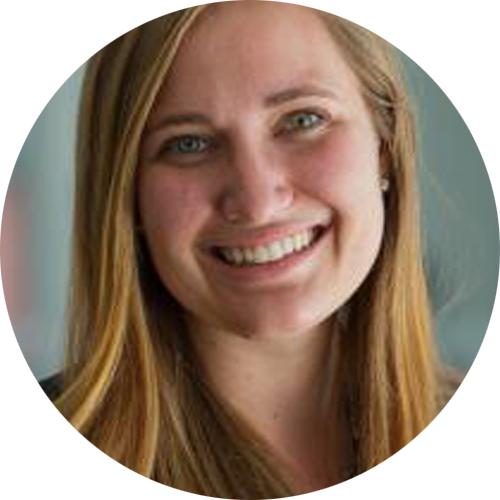
Ms. Elizabeth Saccoccia
Liz Saccoccia is a Water Security Associate on WRI’s Water Team. Her work includes contributing to the Water, Peace, and Security Partnership. Through this project, she co-created a machine learning-based conflict prediction tool that leverages information on environmental, political, economic, social, and demographic conditions worldwide. The partnership was awarded the 2020 Luxembourg Peace Prize for Outstanding Environmental Peace.Liz also supports the data creation and analysis for Aqueduct, a suite of tools that map water risks such as floods, droughts, and water stress, using open-source, peer reviewed data. She works with companies, governments, and research partners to advance best practices in water resources management and enable sustainable growth in a water-constrained world.
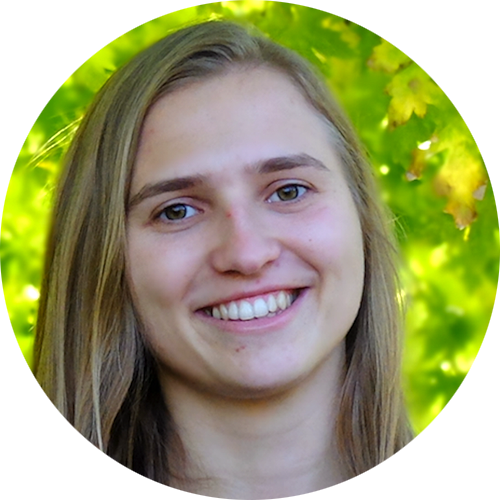
Dr. Marie Schellens
Marie Schellens works as an environmental security analyst at UNEP's Disasters and Conflicts Branch. She coordinates the development of Strata, an easy-to-use online data platform to identify, map and monitor environmental and climate stresses potentially driving threats to peace and security. The mapping tool supports project managers, analysts, and policy makers to streamline climate security data in their daily work. Before joining UNEP, she completed a Marie Curie PhD programme at Stockholm University and the University of Iceland (2020), researching the role of natural resources in conflict risk. During her PhD studies, she joined the Peace & Conflict research team at EC Joint Research Centre (JRC) through a research placement, where she validated and further developed the Global Conflict Risk Index. She holds a MSc in Geography jointly from KU Leuven and Free University Brussels (Belgium, 2015).
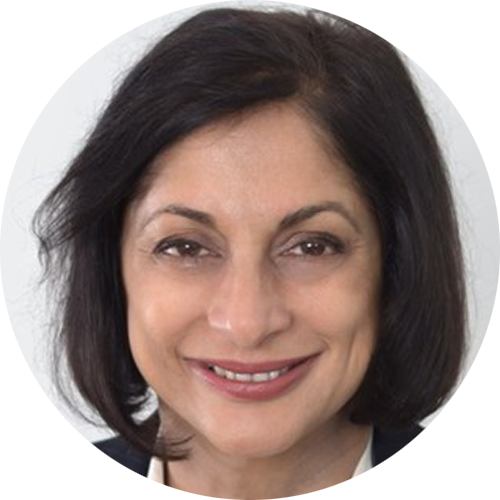
Ms. Anya Sitaram
Moderator
Anya Sitaram is a documentary producer, communications consultant and professional conference moderator specialising in health, science and international development. A former Health and Science correspondent and BBC World News anchor, Anya now runs Rockhopper Media (www.rockhopper.media) an award winning television and film production company. Anya has overseen scores of documentaries which have run on channels around the world including BBC World News, PBS, Discovery, Nat Geo and Al Jazeera among others. Anya began her career as a BBC trainee before becoming ITN Health and Science Correspondent and later a presenter on the BBC’s flagship science programme Tomorrow’s World.